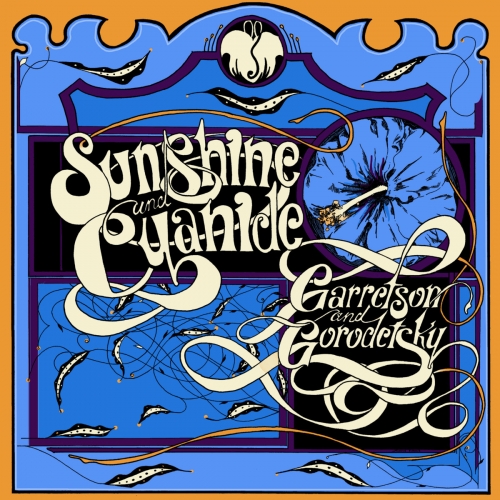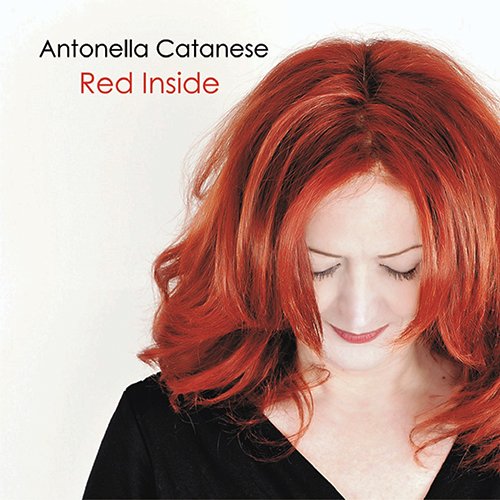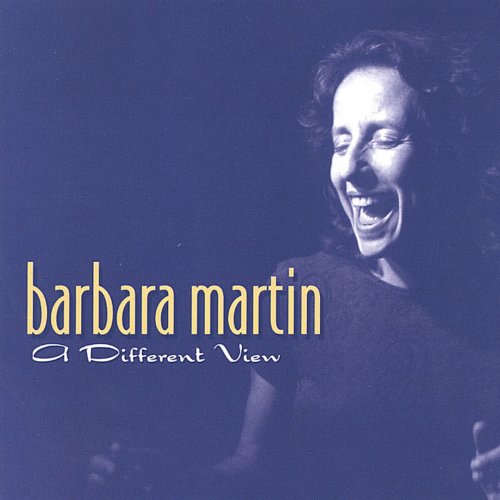Debby Yeager - Psychology of Jazz (2020)
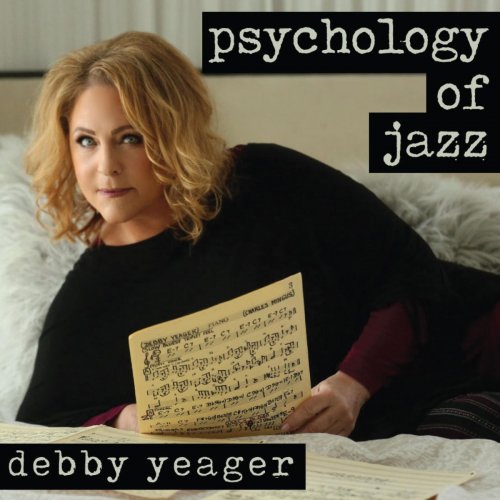
Artist: Debby Yeager
Title: Psychology of Jazz
Year Of Release: 2020
Label: Stress Records
Genre: Jazz, Vocal Jazz
Quality: Mp3 320 kbps / FLAC (tracks)
Total Time: 42:01 min
Total Size: 98 / 269 MB
WebSite: Album Preview
Tracklist:Title: Psychology of Jazz
Year Of Release: 2020
Label: Stress Records
Genre: Jazz, Vocal Jazz
Quality: Mp3 320 kbps / FLAC (tracks)
Total Time: 42:01 min
Total Size: 98 / 269 MB
WebSite: Album Preview
01. Progress Report
02. Dandelion
03. Ignorance Is Bliss
04. Rondo #4
05. Shallow
06. Teriyaki Terrier
07. Reckoning
08. Celeste
09. Make a Swish
10. Broomstick
11. U.A.F
12. Reckoning (Alternate Take)
13. Fever Dream
“Psychology of Jazz”? That sounds more like a doctoral thesis – maybe even a “science for artists” course in college – than a recording project.
In fact, more than a few treatises along those lines have popped up over the years. And in a sense, Psychology of Jazz is indeed a sort of thesis – except that it swings instead of plods; the footnotes come in the form of grace notes; and the oral arguments are all sung, delightfully at that. There’s no bibliography: subtext and context are bound up in Debby Yeager’s sunny/cloudy timbre, the cool insights of her phrasing, and the effective, affecting arrangements she’s crafted with pianist Stu Goldberg. She has an abiding interest in what makes people tick, and she’s become a keen observer of the human condition. Yeager recognizes the darkness as well as the light in the music she sings, and her insights enrich even familiar songs, leading us deeper into material we may already know.
You don’t even need a couch.
Take the early 1960s tune “Visit Me,” written from the perspective of a bohemian Romeo who’s already decided “my place, not yours.” It seemed harmless when it first appeared, but the #MeToo generation might view it an invitation to seduction. Yeager tackles that possibility head-on and claims it as her own: she offers the lyric from a female perspective, in the spirit of turned tables and equal opportunity. Doug Webb’s serpentine soprano sax solo supplies a perfect counterpoint.
An even better example comes on “Devil May Care,” written and recorded by Bob Dorough in the mid-50s. I suspect most of us hear this as a theme song for some Beat Generation vagabond: a buoyant paean to the carefree life. For Yeager, it means more. She first heard it in as a preschooler in 1957 as it breezed in from a neighbor’s hi-fi on open-window summer days, and it became a touchstone – as did Dorough’s flighty vocal flint – during tough times in her childhood. This was long before she could appreciate the lyric, and long before she’d befriend Dorough himself (enlisting him to perform on her debut album Mood Swing.) So for Yeager, “Devil May Care” has become a song that affirms her own strength and resilience against long odds; those characteristics are mirrored in the ruby cello tones that shade the introduction, and in the chaotic swirl of instruments toward the end.
In fact, more than a few treatises along those lines have popped up over the years. And in a sense, Psychology of Jazz is indeed a sort of thesis – except that it swings instead of plods; the footnotes come in the form of grace notes; and the oral arguments are all sung, delightfully at that. There’s no bibliography: subtext and context are bound up in Debby Yeager’s sunny/cloudy timbre, the cool insights of her phrasing, and the effective, affecting arrangements she’s crafted with pianist Stu Goldberg. She has an abiding interest in what makes people tick, and she’s become a keen observer of the human condition. Yeager recognizes the darkness as well as the light in the music she sings, and her insights enrich even familiar songs, leading us deeper into material we may already know.
You don’t even need a couch.
Take the early 1960s tune “Visit Me,” written from the perspective of a bohemian Romeo who’s already decided “my place, not yours.” It seemed harmless when it first appeared, but the #MeToo generation might view it an invitation to seduction. Yeager tackles that possibility head-on and claims it as her own: she offers the lyric from a female perspective, in the spirit of turned tables and equal opportunity. Doug Webb’s serpentine soprano sax solo supplies a perfect counterpoint.
An even better example comes on “Devil May Care,” written and recorded by Bob Dorough in the mid-50s. I suspect most of us hear this as a theme song for some Beat Generation vagabond: a buoyant paean to the carefree life. For Yeager, it means more. She first heard it in as a preschooler in 1957 as it breezed in from a neighbor’s hi-fi on open-window summer days, and it became a touchstone – as did Dorough’s flighty vocal flint – during tough times in her childhood. This was long before she could appreciate the lyric, and long before she’d befriend Dorough himself (enlisting him to perform on her debut album Mood Swing.) So for Yeager, “Devil May Care” has become a song that affirms her own strength and resilience against long odds; those characteristics are mirrored in the ruby cello tones that shade the introduction, and in the chaotic swirl of instruments toward the end.
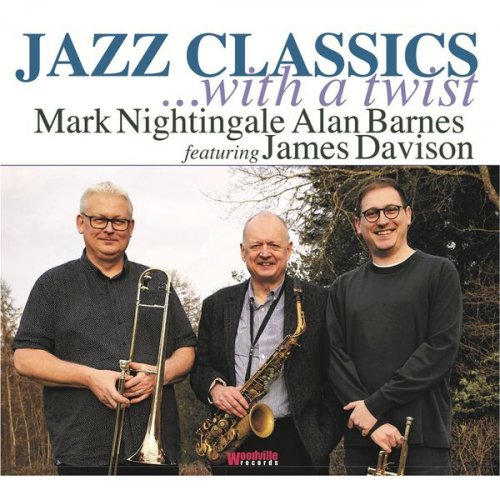
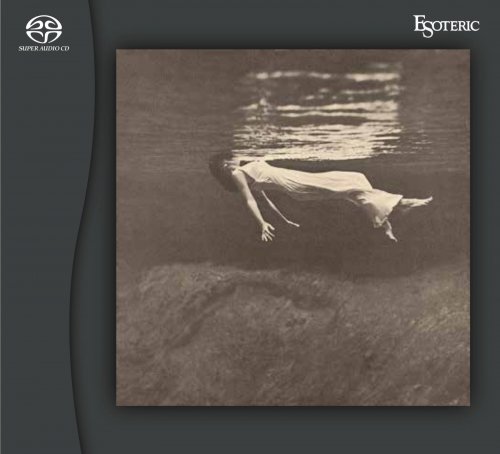
![Double Drums, Philipp Jungk & Alexander Glöggler - All You Can Beat (2026) [Hi-Res] Double Drums, Philipp Jungk & Alexander Glöggler - All You Can Beat (2026) [Hi-Res]](https://www.dibpic.com/uploads/posts/2026-02/1771946421_folder.jpg)


